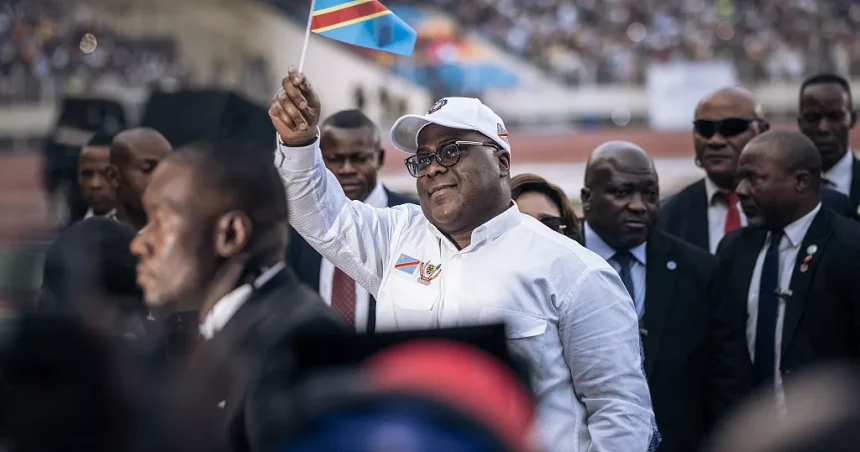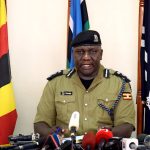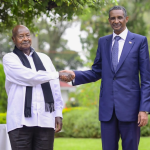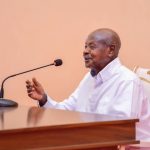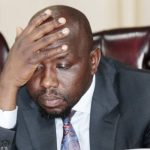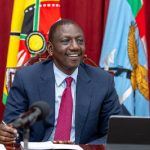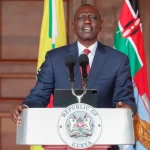Thursday evening marked a seemingly decisive victory for incumbent President Félix Tshisekedi in the December 20-21 elections in the Democratic Republic of Congo, as official partial results showed him securing 76% of the vote.
Out of the 12.5 million votes tallied by the electoral commission (Céni), the 60-year-old president seeking a second term garnered 9.5 million. Moïse Katumbi, a businessman and former governor of Katanga, trailed with 16.5%, while another opponent, Martin Fayulu, secured 4.4%. The remaining candidates, including Nobel Peace Prize winner Denis Mukwege, failed to surpass 1%.
With nearly 44 million voters out of a population of around 100 million, the Céni had not provided a turnout figure but local media speculated that Tshisekedi’s lead was insurmountable, with headlines reading, “Félix Tshisekedi re-elected.”

However, no official statement was issued on Thursday evening, as the Céni’s schedule dictates the release of full provisional results on December 31, with the Constitutional Court having the final say in January.
Martin Fayulu vehemently contested the election results, denouncing them as a product of “organized, planned fraud.” Despite police preventing a post-election protest demonstration, Fayulu maintained his rejection of the results.

In addition to the presidential elections, legislative, provincial, and local elections occurred last week. The quadruple ballot, initially scheduled for December 20, was extended to the 21st due to logistical challenges and continued until the 27th in some remote areas, according to an observation mission from the Catholic and Protestant Churches.
The mission reported its “parallel count,” noting that one unnamed candidate significantly stood out, obtaining over half of the vote. However, it also documented numerous irregularities that could impact the results’ integrity in specific locations.
Opponents have consistently accused the government of planning fraud, urging their supporters to remain vigilant. Tensions are expected upon the results’ announcement in a country with a turbulent political history. The electoral campaign was further marred by the security situation in the east of the DRC, marked by heightened tensions and the resurgence of the M23 rebellion.
As the political climate remains tense, the government assured the public that necessary measures were in place to maintain peace.
The ban on certain opposition demonstrations and increased security measures especially in Moïse Katumbi’s stronghold of Lubumbashi, aimed to prevent chaos, according to Interior Minister Peter Kazadi and government spokesman Patrick Muyaya.

